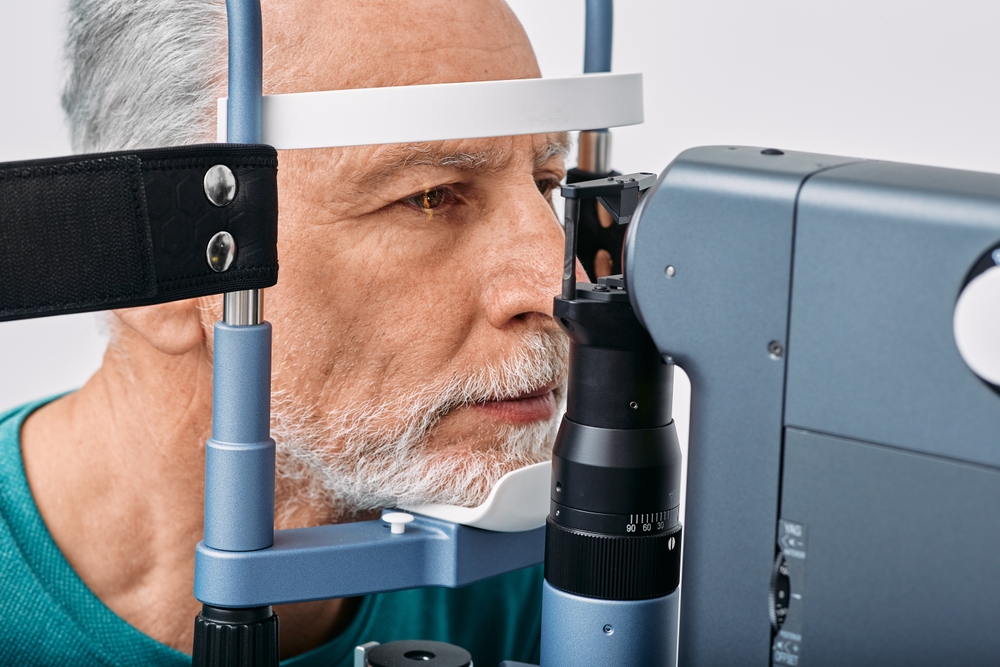
Central serous retinopathy is a condition where fluid accumulates behind the eye retina (macula). The fluid can lead to retinal detachment, which can cause gradual or sudden vision loss. The condition can be due to corticosteroid use or stress and usually resolves without medical intervention.
However, it is crucial to seek medical attention to prevent permanent vision problems. Early treatment is vital for a full recovery.
Understanding Central Serous Retinopathy
Central serous retinopathy can affect any individual but is most common among men. It is unclear what causes the condition, but it may be related to stress. People with myopia and those taking medications, such as corticosteroids, are more likely to develop the disease.
Patients experience blurry vision in the early stages of the condition, but some people do not experience vision changes. The fluid buildup behind the eye can drain away on its own.
Living With Central Serous Retinopathy
Studies suggest that central serous retinopathy affects six to ten in 100,000 individuals. People who experience high stress levels or those with poor coping mechanisms have a high risk of developing the condition.
When the body is stressed, it releases cortisol, a hormone that can cause swelling (inflammation) and fluid leakage. Taking medications that contain corticosteroids for the treatment of inflammation and other conditions can cause central serous retinopathy.
Signs of Central Serous Retinopathy
The condition can affect one or both eyes. Common symptoms include:
Blurry vision
Dim or darker vision
Dark spots in the central vision
Objects appear further away or smaller than they are
Straight lines look bent or crooked
White objects appear almost brown or dull
In some cases, the condition may not have symptoms. It means an individual can have central serous retinopathy and not know it.
Central Serous Retinopathy Risk Factors
Several factors predispose individuals to develop central serous retinopathy. Risk factors include:
High blood pressure or heart disease
Autoimmune conditions, such as rheumatoid arthritis and lupus
Kidney disease
Bacterium infection
Sleep disorders, such as insomnia and sleep apnea
Pregnancy
Use of medications such as those that treat erectile dysfunction and nasal congestion
Coping Strategies and Lifestyle Tips
Making lifestyle changes can help protect your vision. Ensure you sleep for at least seven hours every night and limit your consumption of alcohol and caffeine. Learn ways to manage or reduce stress, such as meditation, exercise, counseling, and spending time with loved ones.
You can join a support group for people with the same issue. It can help you cope with your condition. If you experience vision loss, you can use aids to accomplish daily tasks. Your eye care specialist can recommend effective visual aids.
Managing stress and reducing your use of corticosteroid medications can reduce the risk of central serous retinopathy. The condition may resolve itself as the fluid drains naturally. If it persists for several months, it may be necessary to get treatment. Treatment options include medications, photodynamic therapy, and laser treatments. Regular visits to your optometrist of ophthalmologist can help reduce symptoms of central serous retinopathy.
For more information on central serous retinopathy, visit Gulf Coast Retina Center. Be seen today at our office in Venice or Sarasota, Florida. Call (941) 312-2769 to schedule an appointment today.








